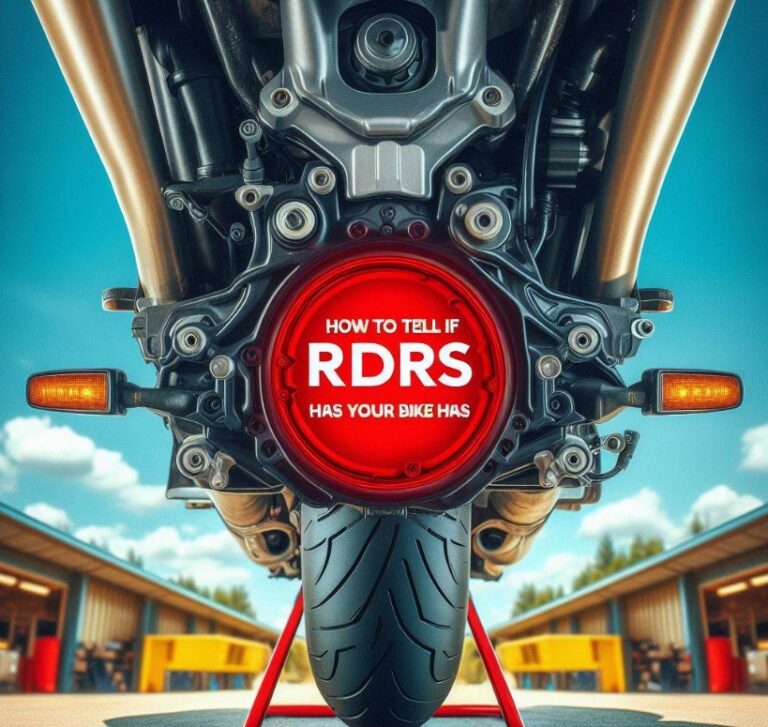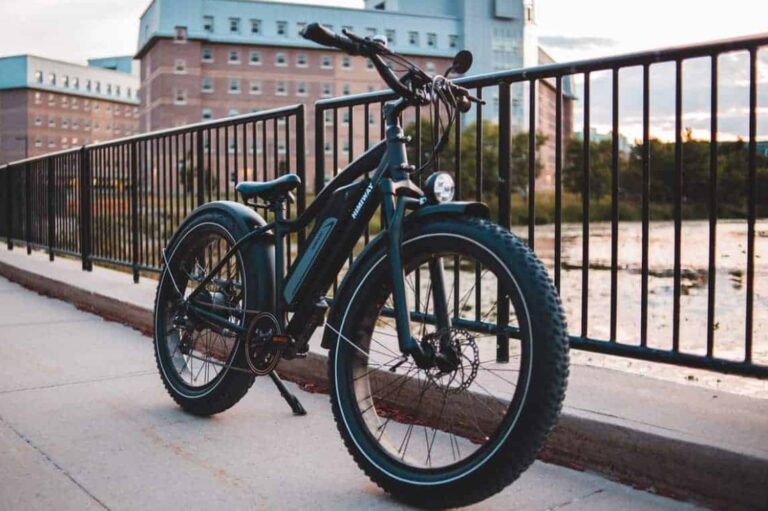How Long Does A Clutch Last On A Motorcycle? Answered
This article aims to provide information on How Long Does A Clutch Last On A Motorcycle? This question lingers in the minds of many motorcyclists. Understanding the lifespan of a motorcycle clutch is crucial for riders of all levels.
Key Takeaways
- Average Lifespan: A motorcycle clutch typically lasts 20,000 to 60,000 miles.
- Factors Influencing Lifespan: Riding habits, maintenance, and motorcycle type play crucial roles.
- Signs of Wear: Recognize the symptoms of a failing clutch to prevent further damage.
- Maintenance Tips: Regular checks and proper usage can extend the life of your clutch.
How Long Does A Clutch Last On A Motorcycle?
Generally, a motorcycle clutch can last between 20,000 to 60,000 miles, depending on various factors. However, this range can vary based on riding styles, maintenance habits, and the type of bike. In this guide, we will explore these aspects to provide a comprehensive understanding.
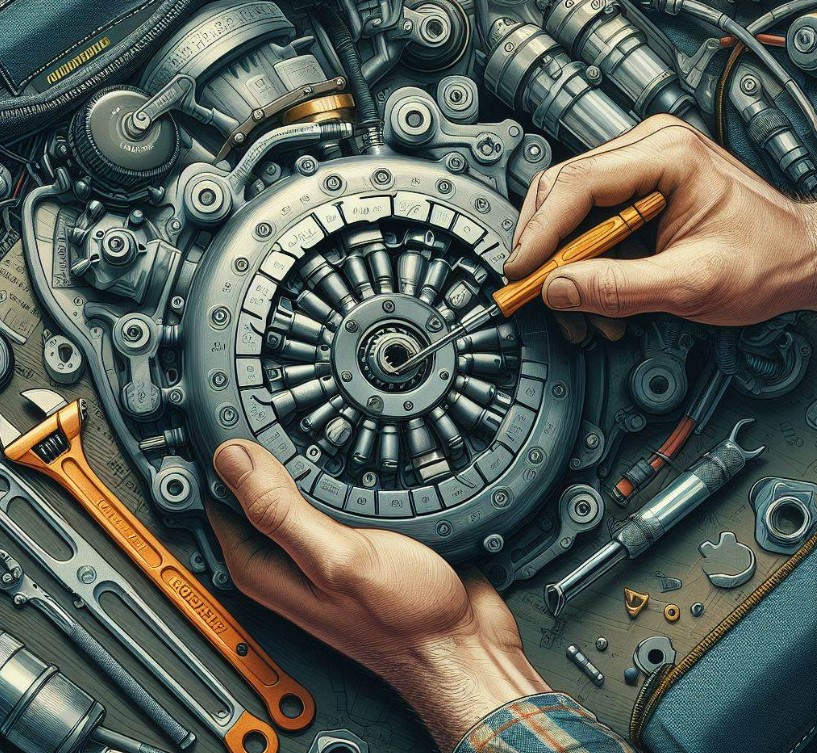
Factors Affecting Clutch Lifespan
Riding Habits
Your riding habits significantly influence the lifespan of your motorcycle clutch. Aggressive riding, such as frequent hard starts and heavy city traffic riding, can lead to quicker wear and tear. Conversely, smooth and consistent gear changes contribute to a longer clutch lifespan. Adapting a mindful riding style can significantly extend the durability of your clutch.
Maintenance and Adjustment
Regular maintenance is key to maximizing the lifespan of a motorcycle clutch. Ensuring that the clutch is correctly adjusted and that the clutch fluid (if applicable) is changed regularly can prevent premature wear. Regular inspections can identify issues early, preventing extensive damage and extending clutch life.
Recognizing Symptoms of Clutch Wear
Slippage and Hard Gear Changes
One of the first signs of clutch wear is slippage. This occurs when the clutch fails to engage properly, leading to a loss of power. Hard gear changes can also indicate that the clutch is nearing the end of its lifespan. Addressing these issues promptly can prevent further damage.
Noise and Stiffness
Unusual noises or stiffness when engaging the clutch are common symptoms of wear. These signs should not be ignored, as they can indicate that the clutch components are deteriorating. Early diagnosis and repair can save time and money in the long run.
Maintenance Tips for Extending Clutch Life
Regular Checks and Adjustments
Regularly checking the clutch’s condition and making necessary adjustments can significantly extend its lifespan. This includes inspecting the clutch cable, if applicable, and ensuring that it is properly lubricated and free from damage.
Proper Riding Techniques
Adopting proper riding techniques can also contribute to the longevity of your motorcycle clutch. Avoid unnecessary clutch usage, such as holding the clutch at red lights or using it excessively to control speed. These practices can lead to premature wear.
How To Know If The Motorcycle Clutch Needs To Be Replaced?
Recognizing when a motorcycle clutch needs replacement is crucial for maintaining the performance and safety of your bike. Symptoms include clutch slippage, where the engine revs increase without a corresponding increase in speed; difficulty in shifting gears; a stiff or sticking clutch lever; and unusual noises or vibrations during clutch engagement.
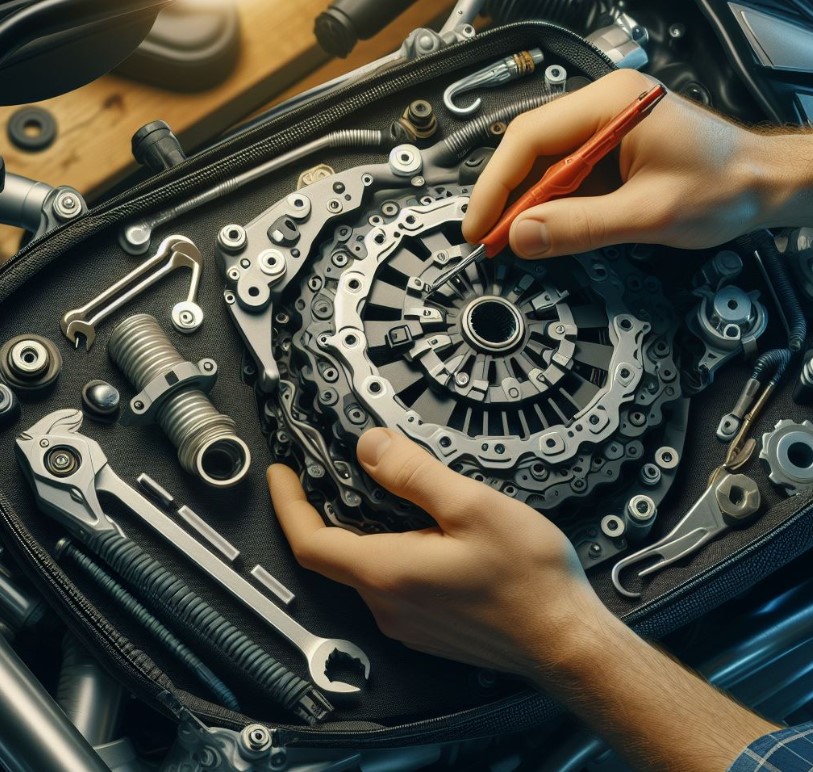
If your motorcycle exhibits any of these signs, it may be time for a clutch replacement. Regular inspections and understanding how your motorcycle feels and sounds during normal operation can aid in early detection of clutch problems.
Why Does A Motorcycle Clutch Become Worn Out?
A motorcycle clutch can become worn out due to various reasons, including regular wear and tear from normal use, especially in heavy traffic conditions that require frequent shifting.
Aggressive riding styles, such as rapid acceleration and heavy braking, contribute significantly to faster wear. Additionally, improper maintenance, like neglecting to adjust the clutch cable or change the clutch fluid, can lead to premature wear.
Riding habits that strain the clutch, like consistently riding at high revs or using the clutch to hold the motorcycle on hills, also contribute to wear and tear.
How Can I Make My Motorcycle Clutch Last Longer?
To extend the lifespan of your motorcycle clutch, practice smooth gear changes and avoid unnecessary clutch engagement. Regular maintenance is crucial: adjust the clutch cable for proper tension, change the clutch fluid as recommended, and ensure that the entire clutch assembly is clean and well-lubricated.
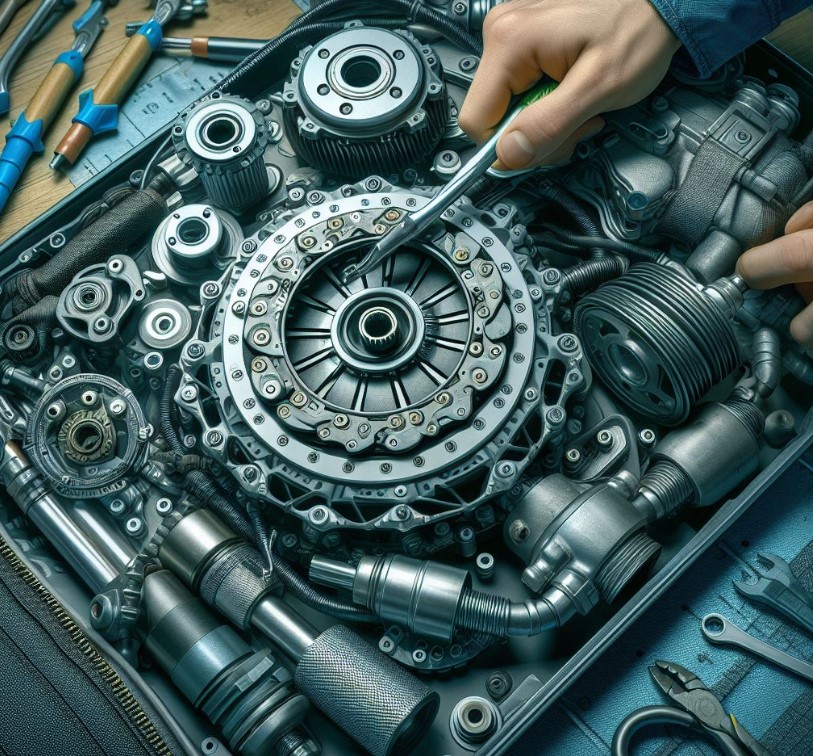
Avoid “riding” the clutch in traffic and try to minimize aggressive riding habits. Adhering to these practices can significantly increase the life of your motorcycle’s clutch, improving both performance and reliability.
How Much Does It Cost To Replace A Clutch On A Motorcycle?
The cost of replacing a motorcycle clutch varies depending on the make and model of the motorcycle, the type of clutch, and labor costs. On average, you can expect the cost to range from $100 to $500, including parts and labor.
High-performance motorcycles or those requiring specialty parts may incur higher costs. It’s advisable to get a quote from a reputable mechanic or dealership for the most accurate cost. Regular maintenance can help avoid the need for premature clutch replacement, saving money in the long run.
How Often Should I Use Clutch In Motorcycle?
The clutch should be used when changing gears, starting from a stop, or when maneuvering at low speeds. It’s important to minimize unnecessary clutch use to extend its lifespan.
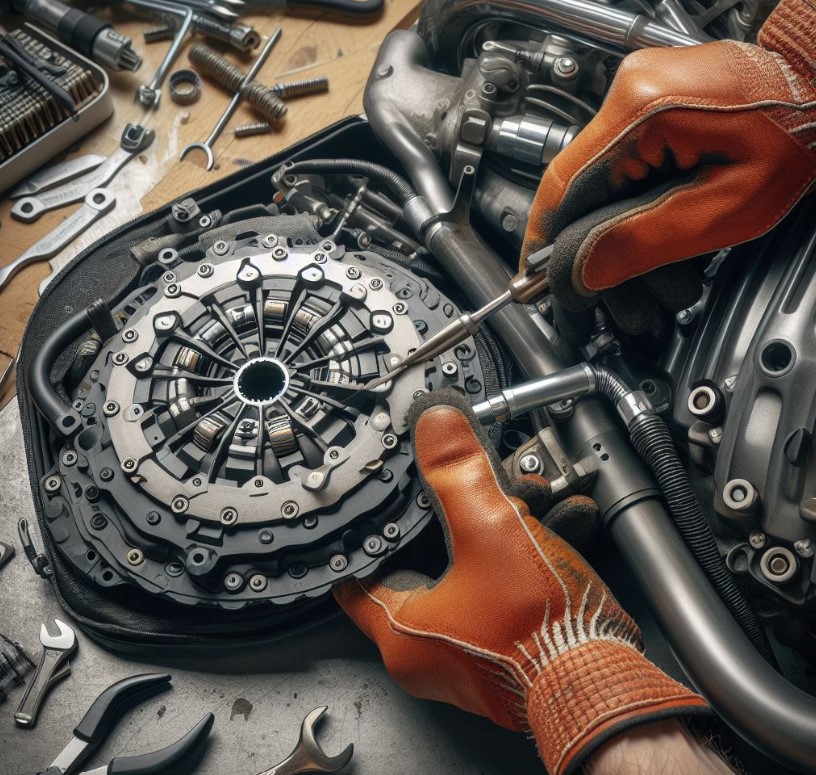
This includes avoiding holding the clutch in at stop lights or when idling, and not using the clutch to regulate speed instead of the throttle and brakes.
Effective clutch use involves fully engaging and disengaging for smooth gear changes and maintaining the clutch in good condition by not overusing it during rides.
Conclusion
In conclusion, the lifespan of a motorcycle clutch can vary widely based on several factors. By understanding these factors and adopting proper maintenance and riding habits, you can significantly extend the life of your clutch.
Remember, a well-maintained clutch not only ensures smoother rides but also saves you money in the long run. Stay vigilant for signs of wear and practice mindful riding to keep your motorcycle’s clutch performing at its best.
People Also Ask
What is the cost of replacing a motorcycle clutch?
The cost of replacing a motorcycle clutch can vary widely depending on the bike model and the type of clutch. On average, you can expect to pay between $100 to $500 for parts and labor. High-performance or specialty clutches may cost more.
Can upgrading my motorcycle’s clutch extend its lifespan?
Upgrading to a higher-quality or performance-oriented clutch can sometimes extend the lifespan, especially if the new clutch is designed to handle higher loads or is made from more durable materials. However, proper usage and maintenance are still crucial for maximizing lifespan.
How often should I check my motorcycle’s clutch for signs of wear?
It is advisable to check your motorcycle’s clutch for signs of wear every few thousand miles, or as recommended by your motorcycle’s manufacturer. Regular checks allow for early detection of issues and can prevent more significant problems down the line.
Can the weather affect my motorcycle’s clutch?
Yes, extreme temperatures and conditions can affect your motorcycle’s clutch. For example, high temperatures can lead to clutch components expanding and experiencing additional wear. Riding in very dusty or muddy conditions can also introduce particulates that can wear down clutch components.

Welcome to the exhilarating world of Matt Rex, a professional car racer turned renowned vehicle enthusiast. Immerse yourself in his captivating blog as he shares heart-pounding adventures, expert reviews, and valuable insights on cars, trucks, jets, and more. Fuel your passion for speed and discover the beauty of vehicles through Matt’s engaging stories and meticulous expertise. Join the ever-growing community of enthusiasts who find inspiration and expert advice in Matt Rex’s blog—a digital hub where the thrill of speed meets the pursuit of knowledge.


